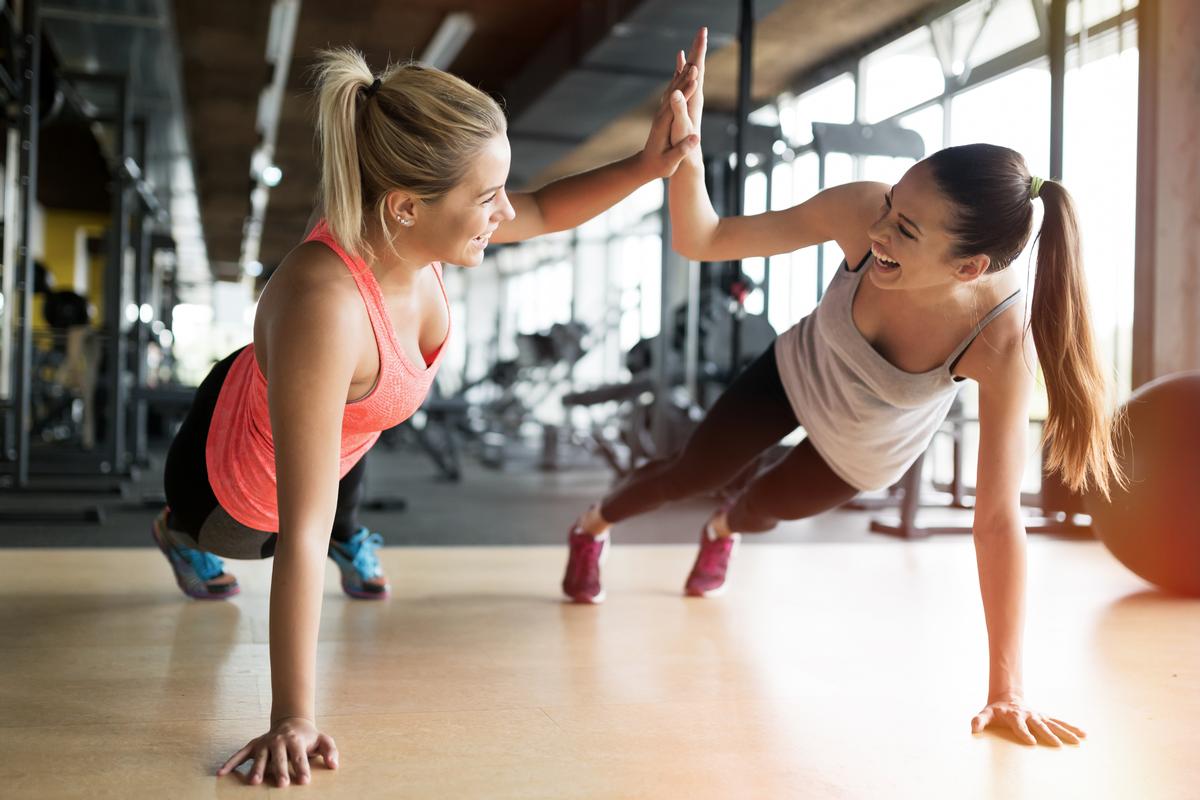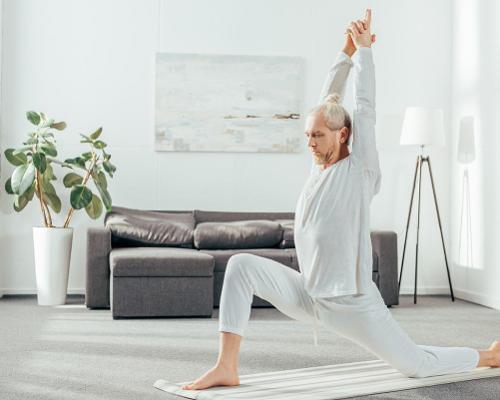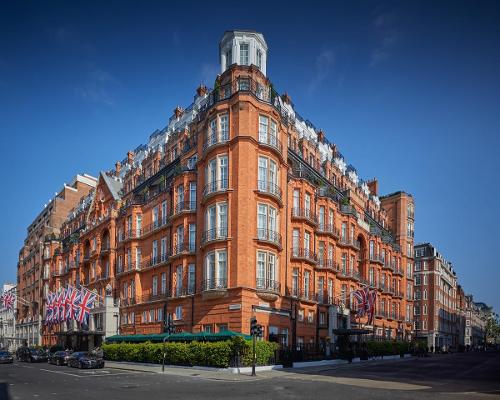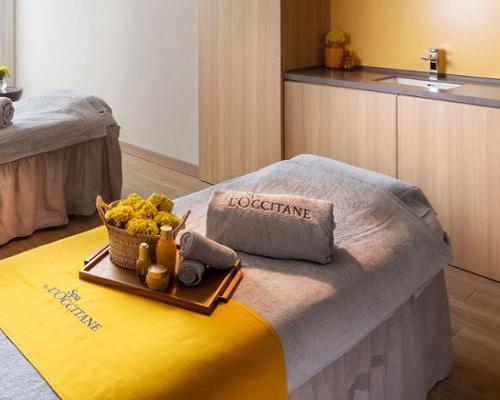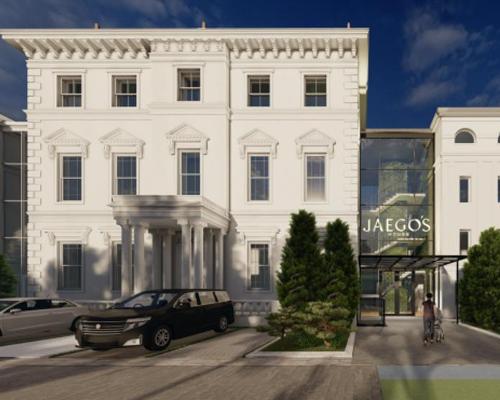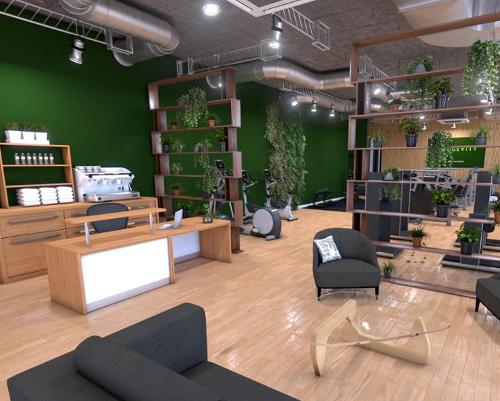
Life satisfaction and happiness are higher for people who are physically active, while levels of anxiety are lower, a survey has shown.
Analysis by the Sport Industry Research Centre at Sheffield Hallam University examined the responses of more than 50,000 people to Sport England’s Active Lives Survey between 2016 and 2017.
On average, respondents who undertook at least 150 minutes of physical activity a week scored themselves 7.27 out of 10 for happiness.
But the figure dropped to 7.07 for fairly active people (30 to 149 minutes of physical activity) and 6.69 for those who are inactive (fewer than 30 minutes a week).
Participants were also asked, ‘Overall, to what extent do you feel that the things you do in life are worthwhile?’ Active people scored themselves 7.44 on average, with the fairly active scoring 7.30 and the inactive scoring 6.94.
And for life satisfaction, researchers saw a clear trend from those who were inactive (6.51) to those who were fairly active (7.00) and active (7.24).
“We now have conclusive evidence that sport and physical activity are clearly linked to mental wellbeing,” said Lisa O’Keefe, Sport England insight director.
“The benefits come from more than just playing in a team or joining a club – any kind of physical activity can boost mental wellbeing, from swimming to walking and pilates to dance.”
The survey also asked people how anxious they were and found a similar trend, with active people scoring 3.21 and inactive people scoring 3.56.
Other patterns showed those who volunteer in sport score highly for wellness, and the best scores were achieved by those who were both active and volunteered.
The top drivers of life satisfaction included being a member of a sports club, which increased the likelihood of having a ‘very high’ life satisfaction by 35 per cent. Walking for leisure just twice a month increased the likelihood by 32 per cent likelihood and cycling, by 24 per cent.
The analysis also showed people who were active felt more able to achieve their goals and were more trusting of their local community.
Sports minister Tracey Crouch said she was “delighted” with the fresh evidence and said work was underway across government departments to encourage more people to get active.



